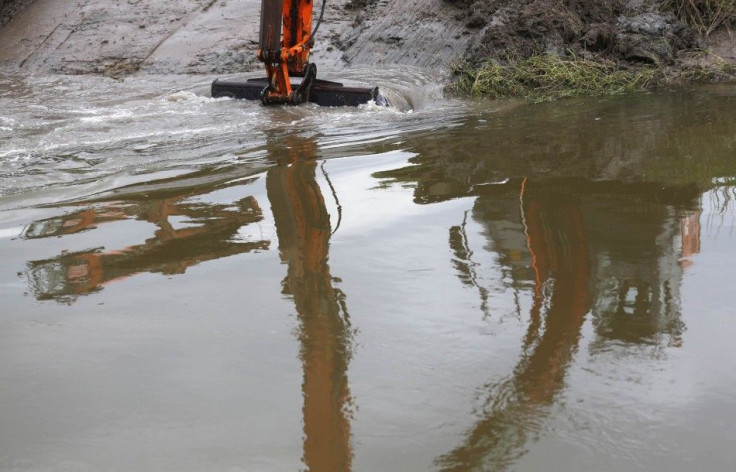Coral Reefs Face Threat Due to Underwater Excavation Activity

A study found that underwater excavation activites near coral reefs can impact light and food needed for their survival, doubling chances of frequency of diseases in them. Dredging has been known to suffocate corals for a very long time, but this is the first instance researchers have found a link between dredging activities and diseases in corals.
Lead of the study and marine scientist from the Coral Reef Studies Centre of Excellence of Australian Research Council, Joe Pollock, stressed on the fact that to survive corals need both light and food. Dredging causes increase in turbidity, which means the reefs receive less light for the process of photosynthesis, and an increase in the amount of sediment that falls on the coral affecting their ability to feed.
The researchers said the corals are mostly suffering from a condition called "white syndrome," which Pollock explained is like having flesh fall off the fingertips of humans, leaving the bone exposed and the same happeing to rest of the body. In the case of just bleaching incidents, the coral turns white and recovery is still possible as they are still alive. But white syndrome affects the tissue, so there is no way of recovery. Hence, it is a major threat to these corals.
The study involved comparison of 11 reefs and thousands of corals near Barrow Island. In this area, a sevel million cubic metre dredging project had happened in a span of 18 months to help ships transport liquified petroleum gas. Pollock and his team found that at the dredging site, there was double the amount of coral diseases in comparison to the corals in the control site.
Pollock explained that more energy must be spent by the corals to clean the sediment that falls on their surface due to dredging. This imbalance in terms of energy could possibly lead to chronic stress. He continues that chronic stress could be a major reason for the rise in levels of diseases in the corals. In addition, climate change, crown-of-thorns starfish and cyclones are also contributing factors.
Michael Roche, the chief executive of Queensland Resource Council, stressed on the fact that though this fact was already known.




















